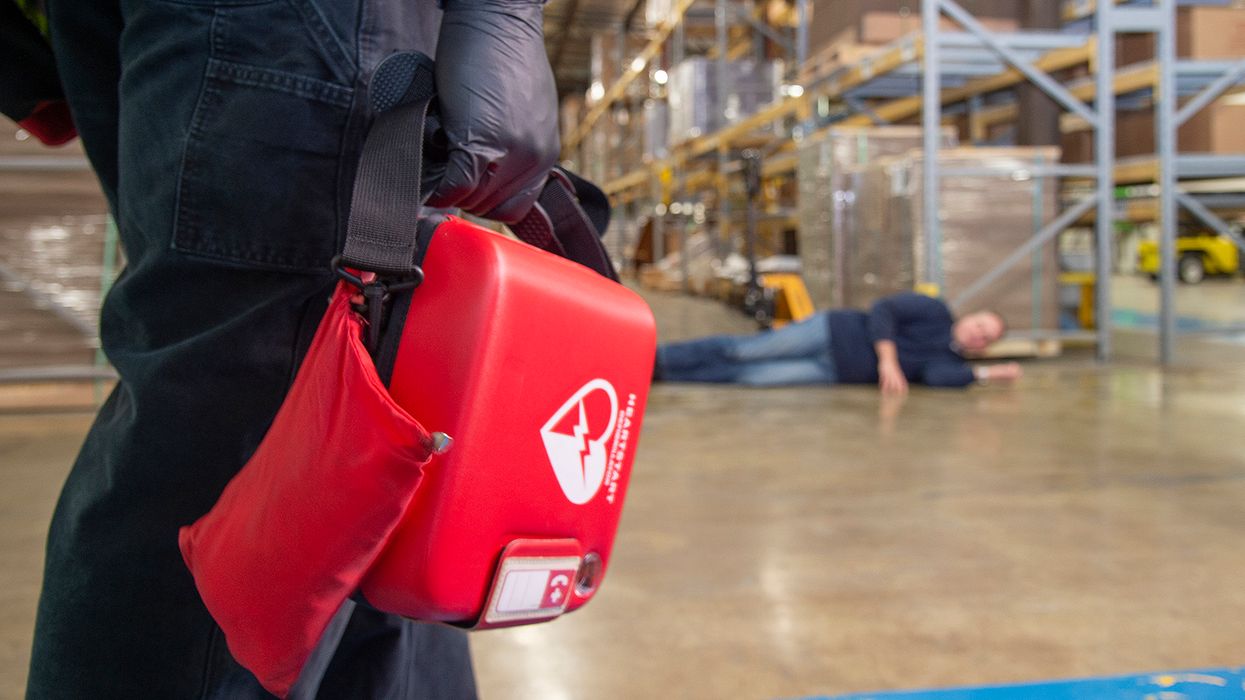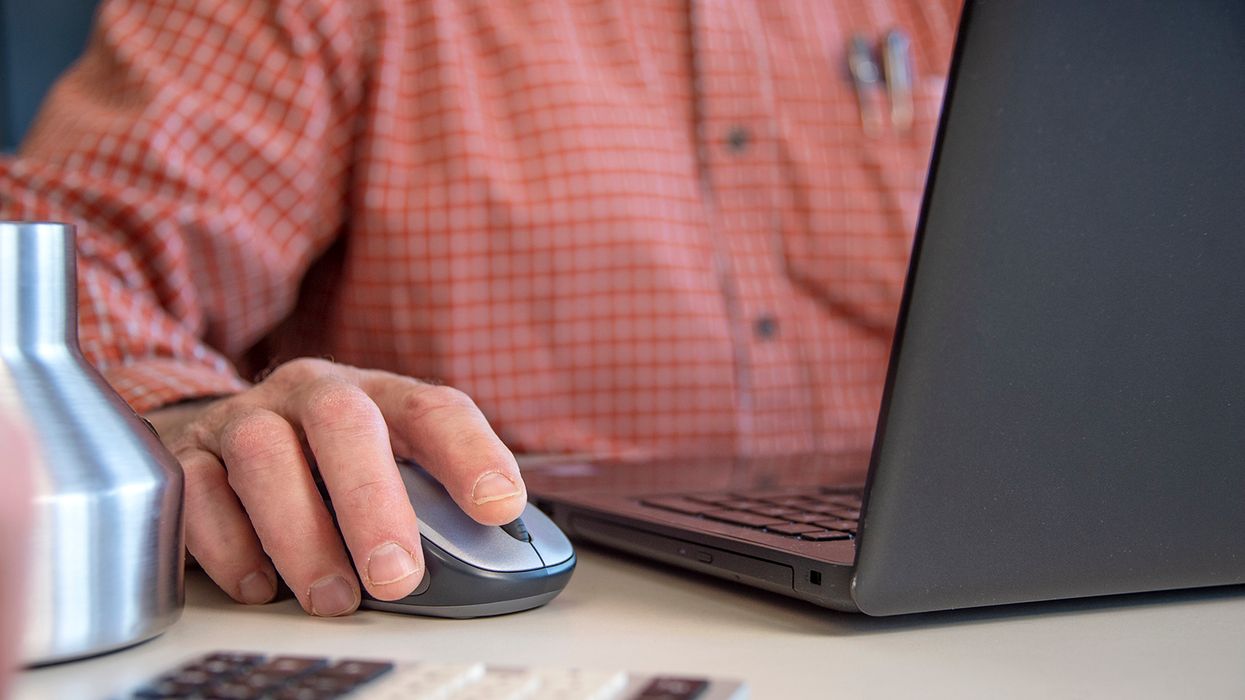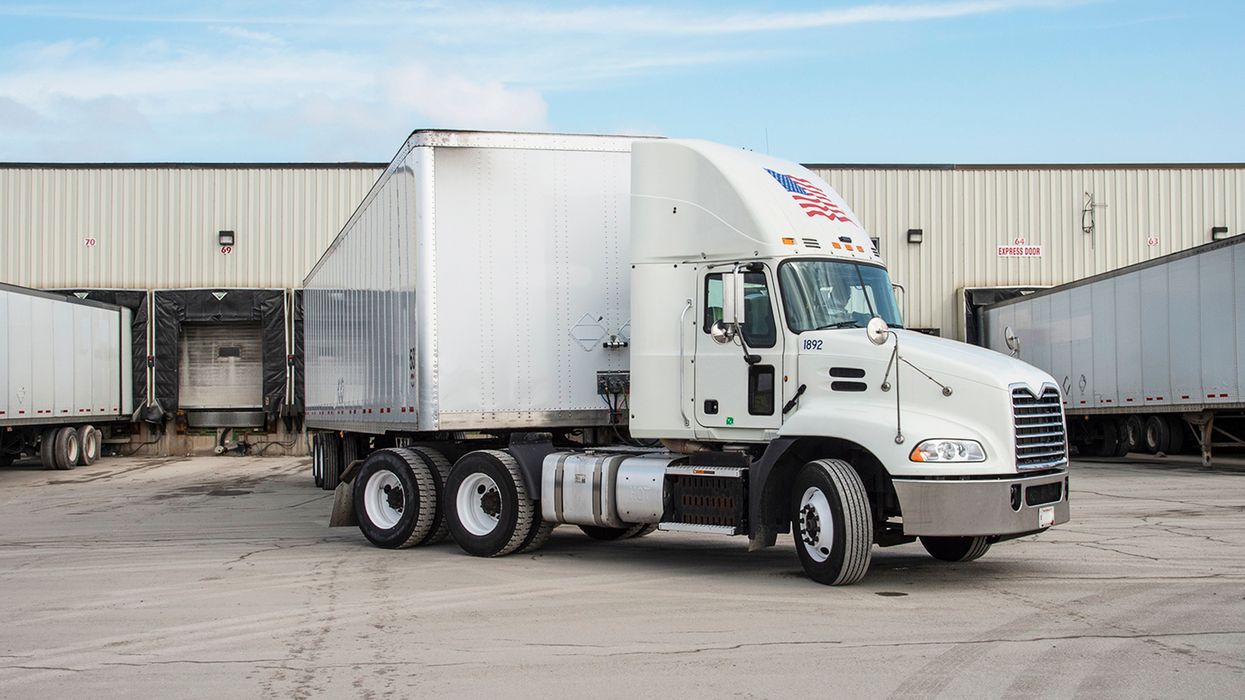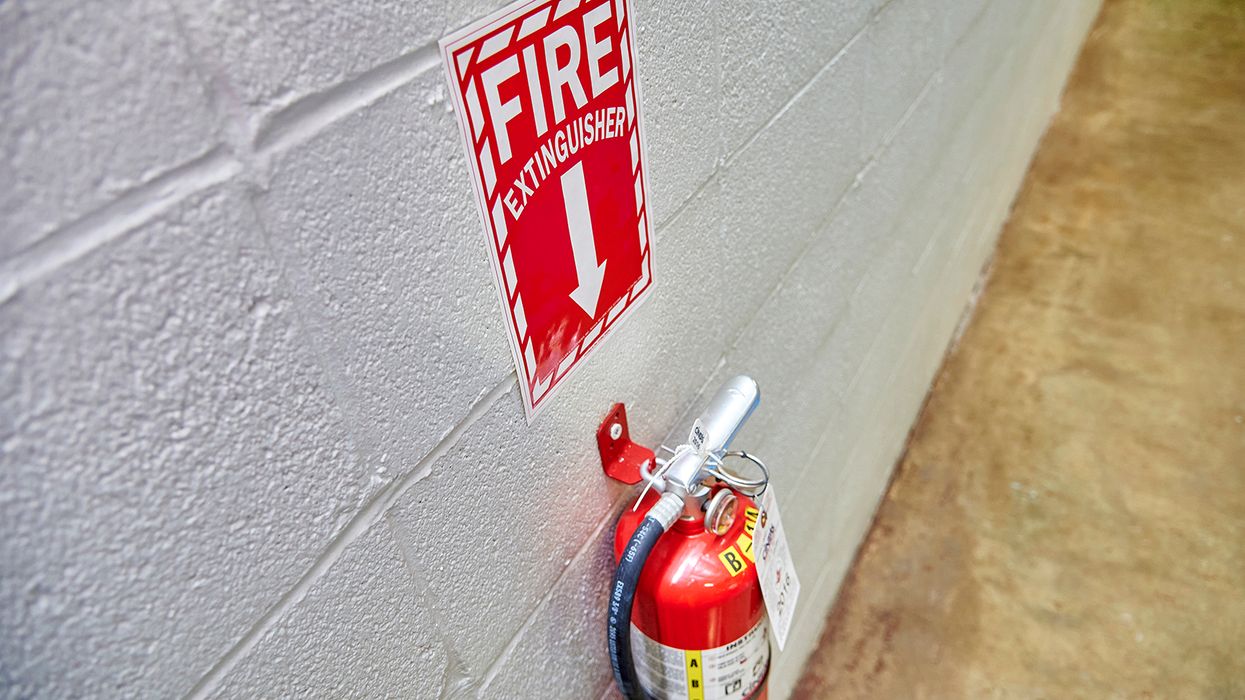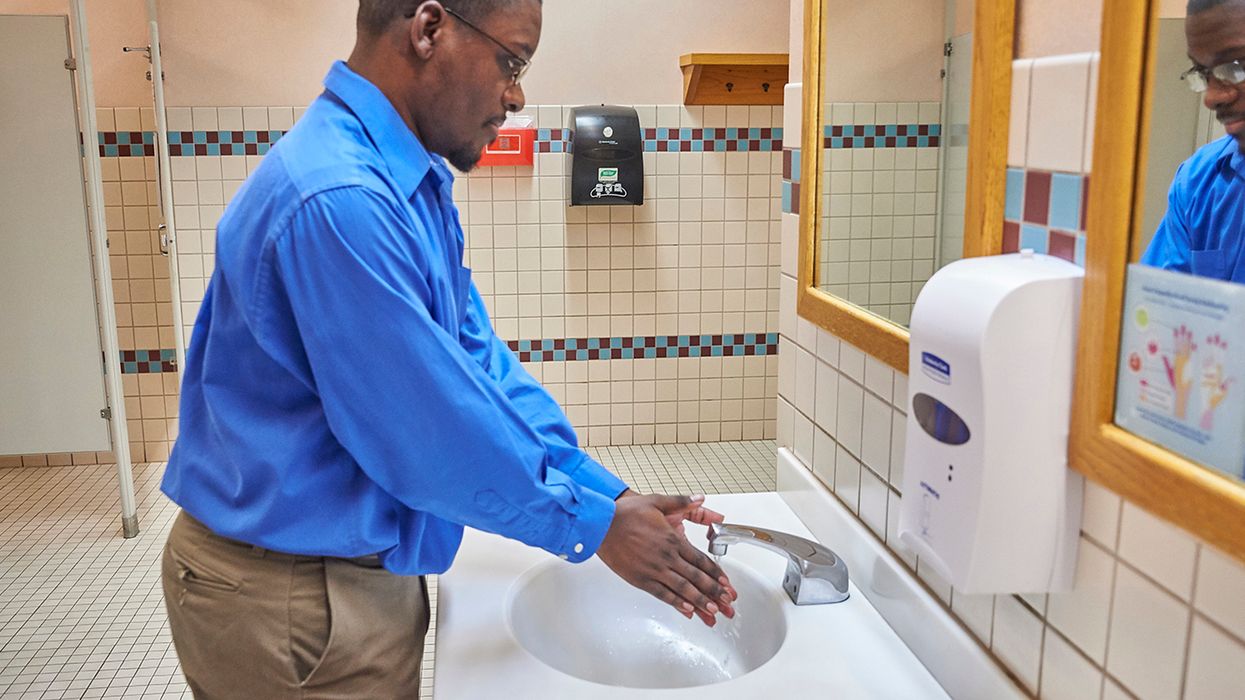Employers must pay employees for all work time — even when they’re ‘lollygagging’
Everyone knows employers must pay employees to work but what about those in-between times? Do they have to pay workers for the ten, twenty, thirty minutes, or more when they’re not working? According to one court, employers must pay hourly employees for time spent “lollygagging.”
The situation
An employer required employees to wear uniforms. When employees worked with lead and other hazards, they had to wear extra personal protective equipment (PPE) like:
- Safety glasses,
- Safety shoes,
- Hard hats, and
- Respirators.
Employees also had to shower after their shifts to remove any contaminants.
In 2003, the employer started giving employees five minutes at the start of each shift to put on their PPE and get to their workstations. They also got five minutes at the end of their shift to remove their PPE and shower. In 2016, the employer doubled the post-shift time to 10 minutes but didn’t record how much time workers actually spent changing and showering.
The U.S. Department of Labor (DOL) got wind of this and sued the employer under the Fair Labor Standards Act (FLSA) for not paying employees for all time spent changing and showering. The DOL hired an expert, who estimated that workers spent 15.6 minutes dressing pre-shift and 11 minutes post-shift undressing and showering — more time than the employer paid them.
In court, the employer had the burden of proving that any unpaid time was too small to be considered paid time or worth the effort to be taxed, measured, or counted. It did not meet their burden.
The argument
The employer argued that it did enough by paying the employees for the two grace periods, the time it believed was reasonable. Focusing on actual time, it claimed, would reward employees for dragging their feet or tending to personal matters — lollygagging.
The DOL argued that the FLSA focuses on actual time and that employers must pay employees for all hours worked. The wage-and-hour provisions track the hours that employees work; they say nothing about a reasonableness limit. Plus, the FLSA orders employers to track actual hours and keep records of them.
The ruling
The court ruled in favor of the employees, telling the employer that it had to pay employees for the time they actually spent on changing and showering, not just the time the employer thought employees reasonably needed to do so.
If “reasonable time” was enough, employers could instead estimate hours, but estimating violates the FLSA’s recordkeeping requirement.
If an employee lollygags, the employer’s recourse is to discipline or terminate the employee — not to withhold compensation.
Because the time spent before and after shifts was not de minimis, the employer owed 11,780 hourly uniformed workers roughly $22.25 million in back pay. The employer also had to keep records of that time.
U.S. Department of Labor v. East Penn Manufacturing Company, Inc., Third Circuit Court of Appeals, Nos. 24-1046, 24-1059, December 19, 2024.
Key to remember: Employers must pay hourly employees for all hours worked, even if employees spend some of that time lollygagging. Employers may, however, discipline employees for lollygagging.

































